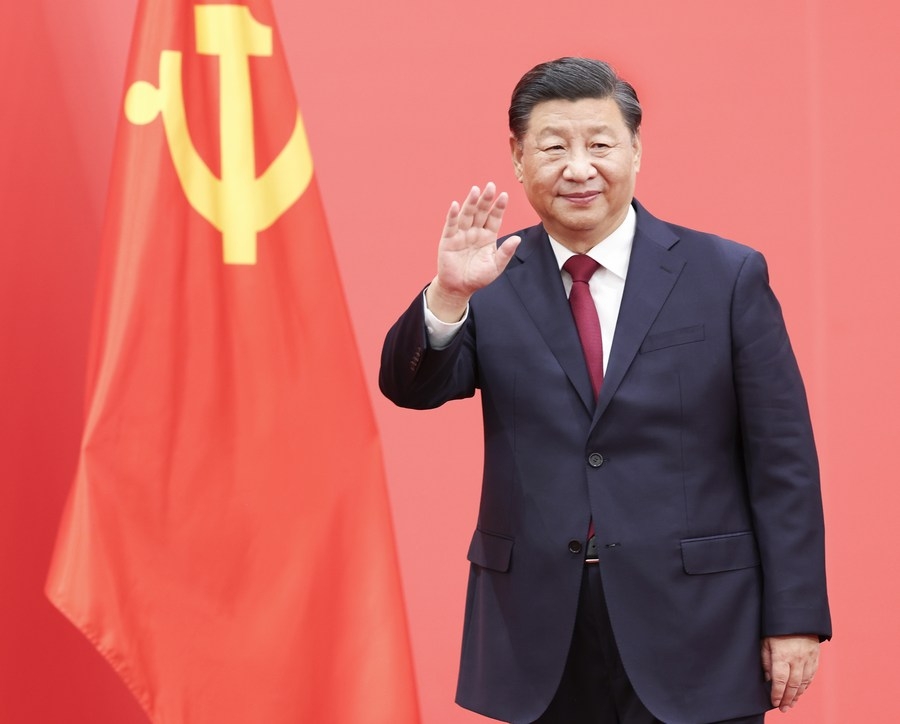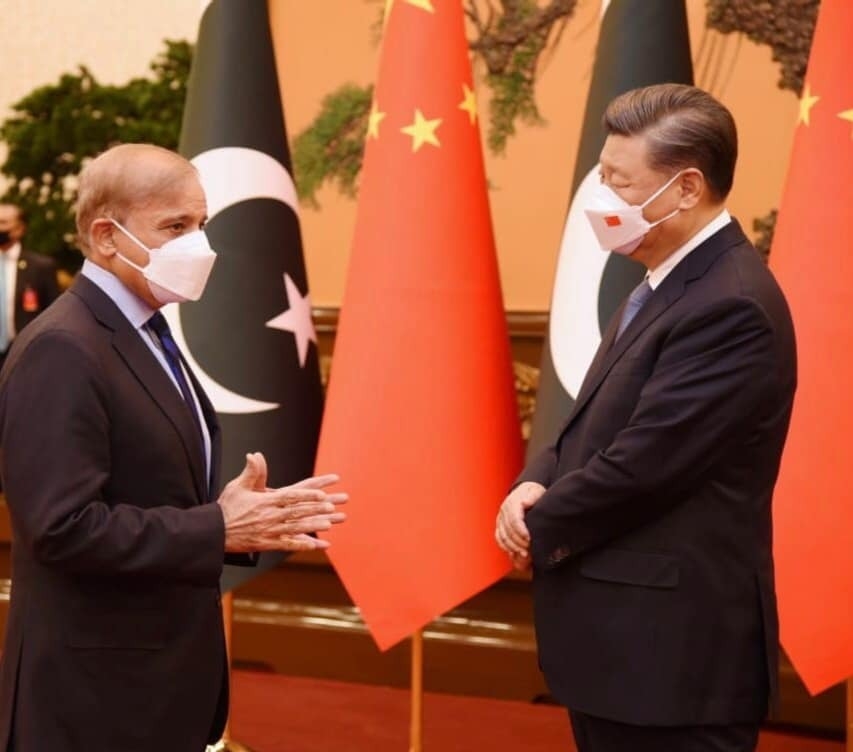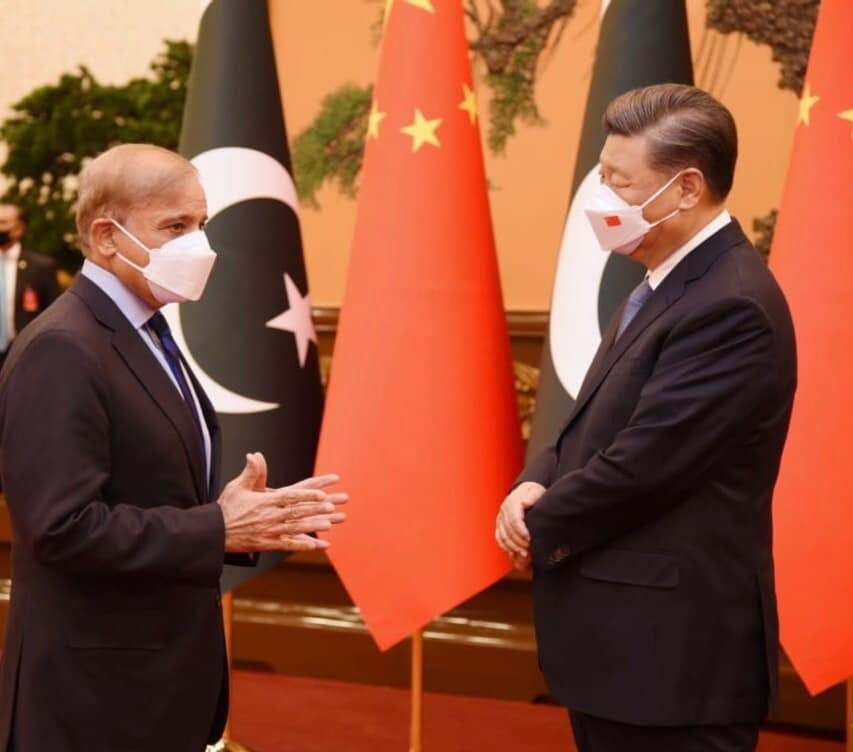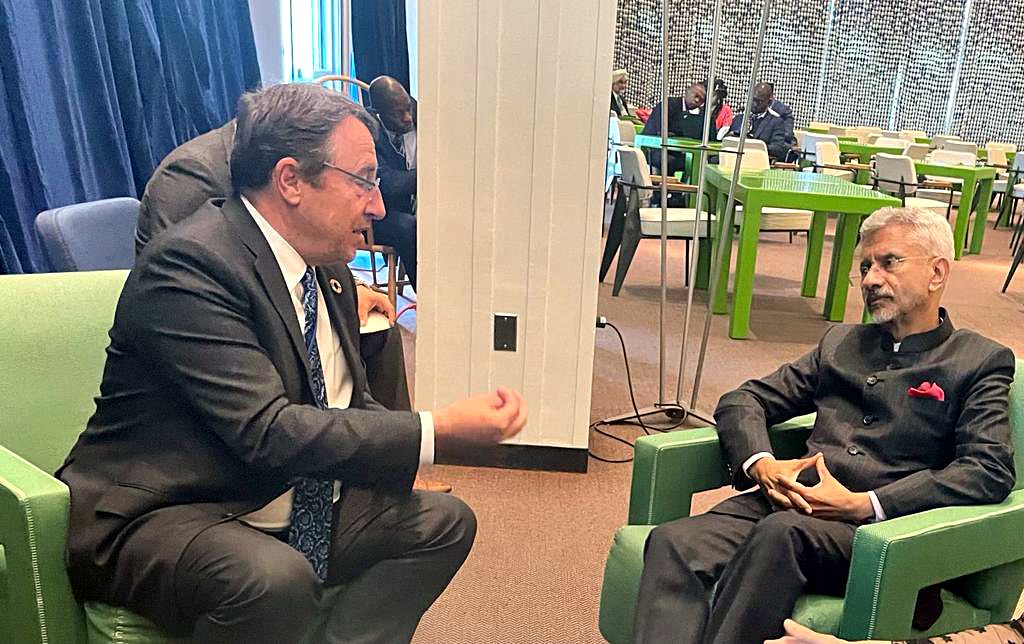Neelum Jhelum project suffers as China loses interest in power generation in Pakistan. The Chinese ambassador reportedly acknowledged that the Chinese companies have remained reluctant to progress due to delayed payments
Pakistan’s plans to increase electricity generation to tackle the growing power shortage in the country seem to have derailed due to a lack of Chinese interest. A prime example of this phenomenon is the halt in operation and repair activities at the Neelum Jhelum Hydropower Project (NJHP) located near Muzaffarabad. The 969-megawatt project started electricity generation in April 2018 but remains stalled since July 2022 due to blockage in its 68 km-long tunnelling system. The Chinese have apparently been reluctant to help its revival.
After the problem surfaced, remedial works were initiated by the Water and Power Development Authority (WAPDA) of Pakistan by awarding the contract to a Chinese construction firm, M/s China Gezhouba Group Company (CGGC). A five-member international panel of experts (IPOE) was also engaged. However, the Pak authority has been on the receiving end since then with the Chinese company delaying the repair work on one pretext or another. The CGGC also blame the local protests on the plant and the failure of the Pakistan police to offer credible security. In one instance, the Chinese firm had to stop work and demobilize its workforce after local residents disrupted the work in protest. The protesters’ complaints include an inequitable share of power, royalty, employment and environmental destruction. Nevertheless, the Pakistani authorities counter the allegations by accusing the Chinese of not following security protocols at the site.

The logjam has led to a marked decline in the level of understanding between Pakistan and China over joint power projects. Meanwhile, the blockage is threatening the structure of the tunnel with experts warning of a possible collapse. According to the chief of the National Electric Power Regulatory Authority (Nepra) Tauseef Farooqui, the tunnel might collapse at any time and the consequences could be disastrous. Some experts point out that the real reason behind the lack of Chinese concern is the delay in overdue payments by the Pak authorities.
The issues facing the NJHP project indicate a deeper problem in Pak-China cooperation in the power sector. Pakistan owes around PKR300 billion to the Chinese independent power producers (IPPs) and the liability has become a sore point in the bilateral relations. After undertaking an investigation of its ballooning power sector dues in April 2020, the Pak government pushed for renegotiating tariffs and existing power purchase agreements. The step adversely impacted foreign investors’ confidence and raised concerns about the long-term contract sanctity in the country.
Moreover, as part of its negotiations with the IMF, Pakistan assured the fund that it would try to receive concessions from the CPEC power plants either through a reduction in the profit rates on investment or by rescheduling the loan repayments. Meanwhile, non-clearance of their dues by Pakistan continued to make the Chinese power sector investors nervous and many of them started accusing Islamabad of breaching the provisions of the agreements.
They complain that a huge amount of arrears, coupled with the accelerated depreciation of the PKR has significantly reduced their nominal return on investment. More than ten Chinese investors in power projects have established an Association viz Energy Enterprise Association (EEA) on the pattern of independent Power Producers (lPPs) to raise their issues.
Pakistan’s delayed response to the long-standing Chinese demand of establishing a revolving account has not helped the situation either. The “Pakistan Energy Revolving Account” with Rs 50 billion was finally put in place to confirm the CPEC agreement in December 2022. According to a Pak-based newspaper, Business Recorder, the Chinese ambassador to Pakistan, Nong Rong reportedly acknowledged that the Chinese companies have remained reluctant to progress due to delayed payments to IPPs, rising exchange rate and Nepra’s “unhelpful behaviour towards them”.











